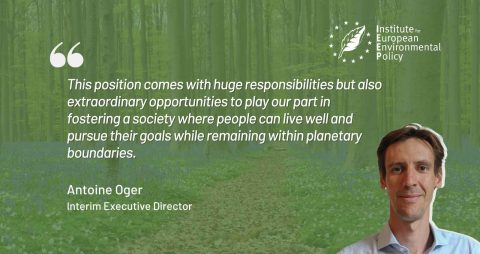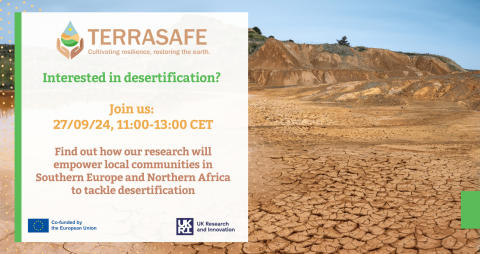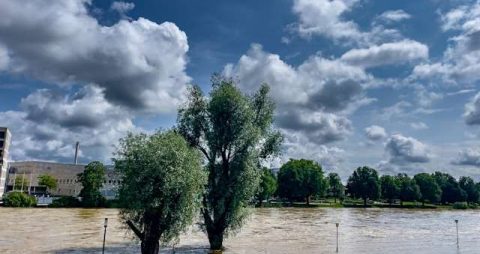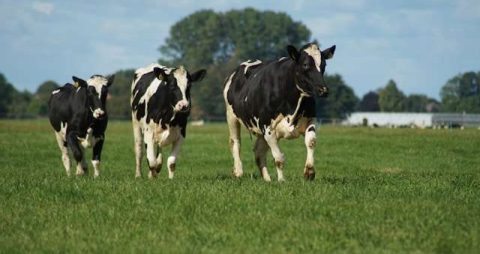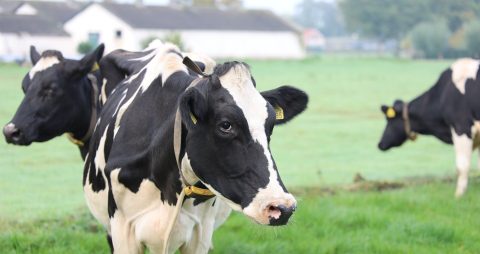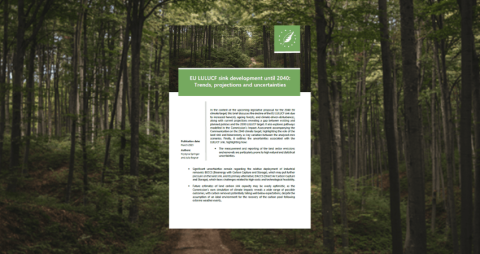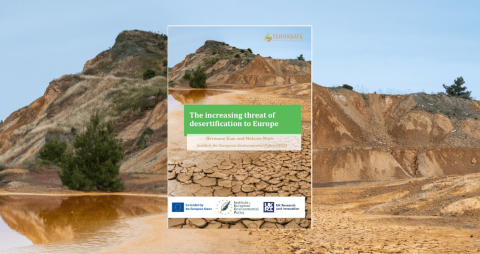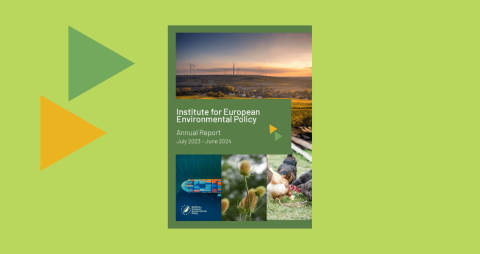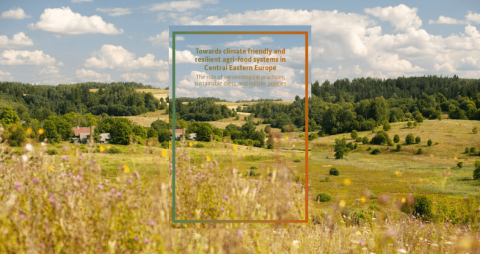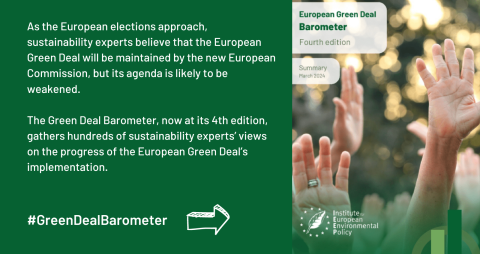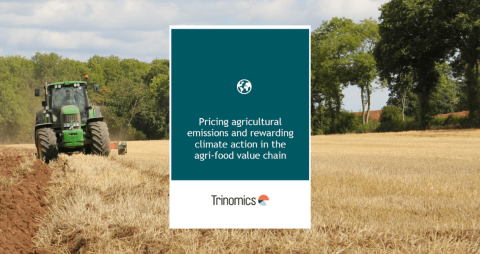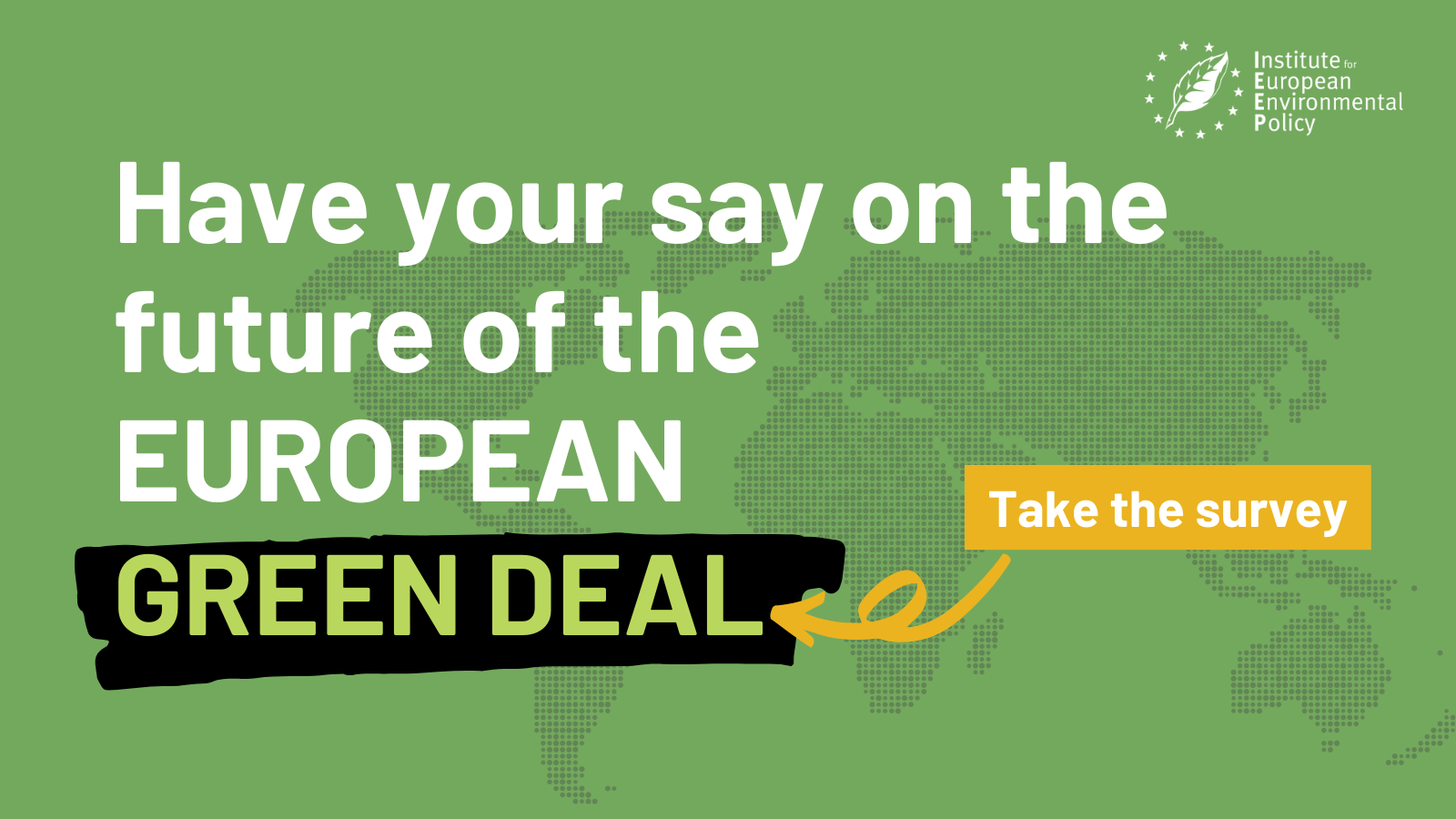Land Use and Climate
For more information
on the Land Use and Climate
programme, please contact:

Julia Bognar
Head of Programme
Overview
The rural land using sectors are an essential tool in achieving the EU’s climate and environmental goals. Beyond the marine environment, they represent the only source of natural carbon sinks to help mitigate climate change whilst simultaneously rebuilding natural capital, protecting ecosystems, and ensuring that society can continue to access nature for their health and wellbeing.
As Europe transitions away from fossil and finite resources, there is a growing and implicit dependency on bioresources, which must be considered in the context of the future scale of that bioresource use and the impact it may have.
Our priorities
To ensure that the agri-food sector transitions towards climate-friendly practices and achieves the needed emission reductions towards meeting the EU’s climate targets.
To continue to develop further the approach to agro-ecological practices and their implementation across the EU.
To ensure that the management of EU forests focuses on their wider contribution to society, beyond the material and energy uses of wood.
To ensure that the bioeconomy and the use of bioresources operate at a scale and within the boundaries of our planet.
Latest news
- , Podcasts
In this podcast we explore the challenges of financing the transition towards sustainable agri-food systems and the existing tools and policy instruments that could support ...
- , Events
Around 40% of land worldwide is already considered degraded and so is at risk of, or already suffering from, desertification. Research is therefore crucial for ...
- , Blogs
Extreme weather events caused by climate change are raising increasing concerns about the financial burden that Member States may have to face in the future ...
- , Blogs
With emissions trading schemes becoming more established for other sectors, could this approach translate to agriculture and do so in a way that supports a ...
- , Blogs
Approximately 13.2% of the EU’s total greenhouse gas emissions can be directly attributed to agricultural activity, with estimates climbing even higher when emissions from on-farm ...
Latest publications
- , Briefings
A stable and healthy land carbon sink is crucial for the EU to meet its climate mitigation obligations and ensure resilience against escalating climate impacts. ...
- , Briefings
The rising threat of desertification, likely to be exacerbated by increasing climatic and anthropogenic drivers in the future, requires immediate and comprehensive action to address ...
- , Annual reports
In this Annual Report, we provide an overview of IEEP’s research work and innovative activities on European environmental policies covering the financial year July 2023-June ...
- , Reports
This report provides inspiration for stakeholders in Central Eastern European countries to pursue a more holistic and coordinated approach for transitioning towards climate friendly agri-food ...
- , Reports
As the European elections approach, hundreds of sustainability experts believe that the European Green Deal will be maintained by the new European Commission, but its ...
- , Reports
An emissions trading system (ETS) for agriculture can provide financial incentives for farmers to adopt more climate-friendly practices. For an on-farm ETS this mainly depends ...

